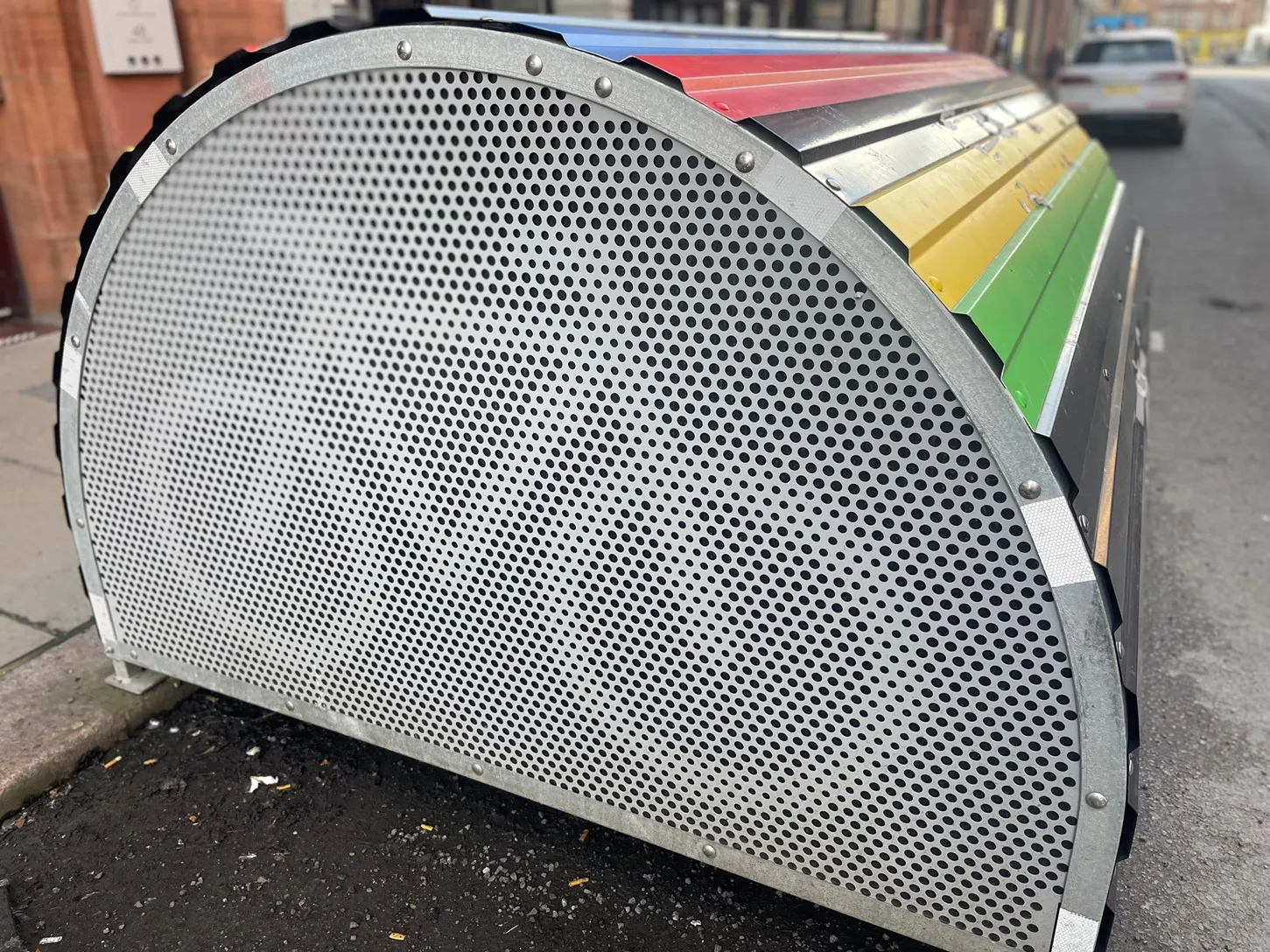In the last Calls of the trans-European transport network (TEN-T) Programme, the
European Commission Vice-President Siim Kallas, responsible for transport, noted: "I am very happy to see that over one hundred new projects will take off thanks to EU financial support under the 2013 TEN-T Calls. These key projects with European added value will contribute to delivering a complete transport network supporting seamless mobility of goods and people throughout the European Union."
The 2013 Multi-Annual Programme Call provides US$308 million of funding to 52 projects, financing the highest priorities of the TEN-T network, focusing on five modal areas: Air traffic management (ATM); European rail traffic management system (ERTMS); Intelligent transport systems (ITS); Motorways of the sea (MoS); and priority projects.
The 2013 Annual Programme Call gives US$121 million financing for a similar number of projects (54 in total) in two main priority areas, covering the different modes of transport, but also focusing on the decarbonisation of transport.
The projects will be monitored by the Innovation and Networks Executive Agency (INEA), working together with the project beneficiaries across the Member States and under the auspices of the Directorate-General for Mobility and Transport of the European Commission.
These last TEN-T selection decisions pave the way for the first Calls for Proposals which will be issued under the transport part of the Connecting Europe Facility (CEF) in September 2014.
EU supports key TEN-T infrastructure projects
In the last Calls of the trans-European transport network (TEN-T) Programme, the European Commission selected a total of 106 projects that will benefit from over US$428 million in EU support for improving transport infrastructure across Europe. The 52 projects selected from the 2013 Multi-Annual Call and 54 from the 2013 Annual Call will use the EU’s financial support to bring forward the completion of the TEN-T network as well as studying innovative ways of reducing the transport sector’s carbon footprint.
July 31, 2014
Read time: 2 mins









